Top 10 contenders for the next pope
List of top ten frontrunners to be the next pope as Pope Francis faces health concerns.
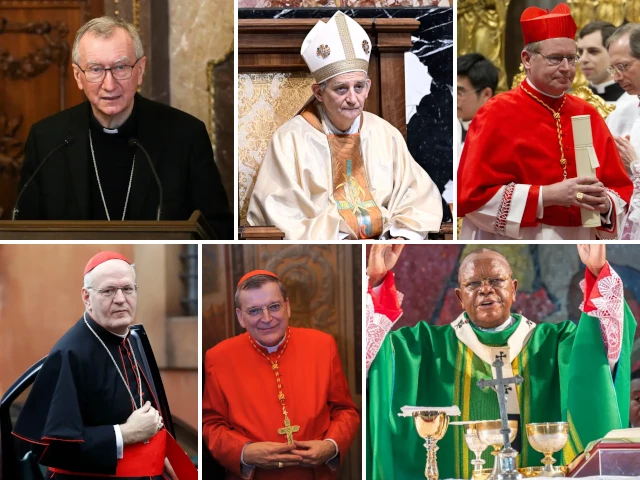
Pope Francis, the 266th pontiff of the Catholic Church, has been hospitalized since February 10 for a respiratory infection and complex clinical condition.
The 88-year-old Argentine pope remains in stable condition, though his ongoing health struggles have sparked speculation about his potential successor. Pope Francis, the first pope from the Society of Jesus and the first from Latin America, has led the Church since 2013. His health issues have raised concerns about his ability to continue in his role, leaving many wondering who will follow in his footsteps.
Eligibility Criteria for the Next Pope
Although technically any baptized Catholic male can be elected pope, the role is traditionally filled by a cardinal. Since 1378, popes have been selected through a conclave of cardinals, and only those under the age of 80 are eligible to vote. Cardinals above the age of 80 can still be elected as pope, though they cannot participate in the vote. The conclave is a deeply solemn process where cardinals gather in the Sistine Chapel to elect the next pope.
Top Ten Frontrunners for the Next Pope
Cardinal Pietro Parolin (Italy, 70)
The Vatican’s Secretary of State, Parolin is a key figure in the diplomatic wing of the Holy See. As a moderate, he’s considered a natural extension of Pope Francis' policies.
Cardinal Fridolin Ambongo Besungu (Democratic Republic of the Congo, 65)
Known for his conservative stance on church doctrine, Ambongo Besungu has been an outspoken critic of Pope Francis' liberal teachings, particularly on LGBTQ issues.
Cardinal Wim Eijk (Netherlands, 71)
A former medical doctor, Eijk is a staunch conservative, known for his opposition to the pope’s stance on civil remarriages and divorce. His views often challenge Pope Francis' liberal approach.
Cardinal Peter Erdo (Hungary, 72)
Erdo has long been a prominent conservative voice in church politics. His opposition to the acceptance of divorced and remarried Catholics receiving communion aligns with his strong doctrinal stance.
Cardinal Raymond Burke (United States, 76)
A vocal critic of Pope Francis, Burke advocates for traditional Catholic teachings on marriage, the Eucharist, and family issues, making him a leading conservative contender.
Cardinal Robert Sarah (Guinea, 78)
Sarah is known for his criticism of Pope Francis' liturgical reforms and strong adherence to traditional Catholic teachings. His firm stance on preserving the Latin Mass has made him a favorite among traditionalists.
Cardinal Matteo Zuppi (Italy, 69)
An insider within Pope Francis' Vatican, Zuppi is seen as a moderate who could continue the pontiff’s agenda. He is known for his focus on inclusivity and social justice.
Cardinal Giovanni Battista Re (Italy, 89)
As dean of the College of Cardinals, Re plays a crucial role in preparing for the conclave. Though his age may be a consideration, his influence remains significant in Vatican circles.
Cardinal Angelo Bagnasco (Italy, 80)
Bagnasco has been a key figure in the Italian Episcopal Conference. Known for his conservative views, he is viewed as a strong contender with deep ties to Vatican leadership.
Cardinal Angelo Scola (Italy, 81)
Former Archbishop of Milan, Scola has long been considered a papabile candidate. His theological expertise and conservative views make him a strong candidate for those who seek continuity with traditional teachings.
The Conclave Process
When a papal vacancy arises—whether through resignation or death—the conclave process begins. Cardinals under the age of 80 gather in the Sistine Chapel to vote in secret. After multiple rounds of voting, a two-thirds majority is required for a candidate to be elected pope. If no majority is reached, voting continues until a candidate emerges. Once elected, the new pope is introduced to the world from the balcony of St. Peter’s Basilica, marking the beginning of his papacy.


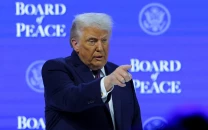
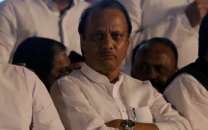


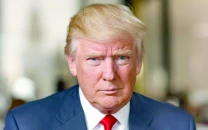
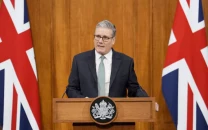












COMMENTS
Comments are moderated and generally will be posted if they are on-topic and not abusive.
For more information, please see our Comments FAQ